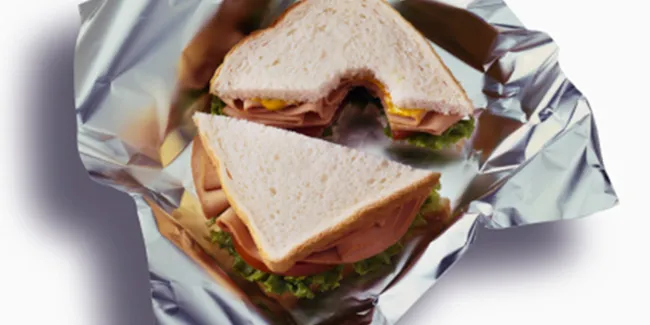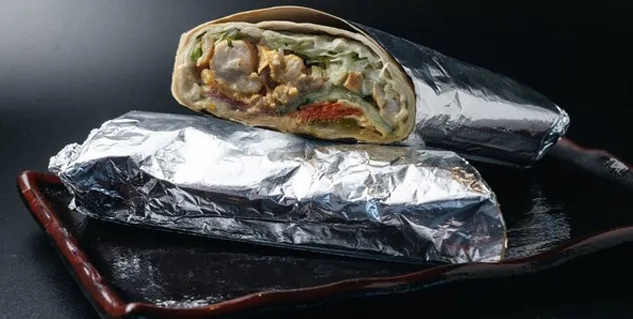
Aluminium foil has been a staple in kitchens worldwide. To wrap leftovers, grill and bake with it: it's convenient, practical, and cheap. But alarm has been sounded in recent times over whether using foil might be exposing us to toxic levels of aluminium and in turn leading to poisoning. So is your everyday use of foil safe, or should you be concerned about what it may be releasing into food?
Table of Content:-
In an exclusive interview with the editorial team of Onlymyhealth, we reached out to our expert, Dr Shrey Srivastav, General Physician, Sharda Hospital - Noida, and here is what he shared with us.
Aluminium and Its Usage in Everyday Life
Aluminium is the third most common substance on Earth and occurs in air, water, and soil. It's not only used in cookware and aluminium foil but also in packaging, cosmetics, and even certain medications. Aluminium contact in small quantities is inevitable, but our systems are usually effective at flushing it out through the kidneys.
How Aluminium Leaches Into Food
If food is brought directly into contact with aluminium foil, particularly when it is heated, trace amounts of aluminium can leach into the food. Dr Srivastav highlighted that the danger is greater when:
- Food acids such as tomatoes or citrus fruits, which accelerate leaching, are being cooked.
- Foil is used with high-heat cooking for grilling or baking.
- Hot or salty food is stored, wrapped in foil, for extended periods.
While this may sound alarming, studies indicate that the amount leached is typically small and well short of the considered harmful threshold for healthy people.

Can Aluminium Foil Cause Poisoning?
Aluminium poisoning, medically referred to as aluminium toxicity, happens when the body retains an excessive amount of aluminum, which exceeds the capacity of the kidneys to process it. This tends to happen in individuals with kidney disease or occupational exposure to high levels of aluminium (in the case of mining or industry).
For the general user of aluminium foil a few times a year, the risk of poisoning is negligible. The World Health Organization (WHO) has estimated the provisional tolerable weekly intake of aluminium as 2 mg per kilogram body weight. Regular cooking with foil provides only a small percentage of this.
Though direct foil poisoning is uncommon, undue exposure to aluminium has been researched for potential correlations with:
- Neurodegenerative illnesses: Some research indicates there could be a correlation between aluminium accumulation and diseases such as Alzheimer's, though results are inconclusive.
- Bone diseases: Excess aluminium might disrupt calcium metabolism.
- Kidney strain: Individuals suffering from kidney impairment might be at greater risk of accumulation.

Bottomline
Aluminium foil, with minimal and proper use, should not lead to poisoning in healthy individuals. The practice lies in moderation and more secure food handling and cooking habits. For patients with kidney issues or those who want to minimise exposure, abstinence from foil use may be a sensible measure.
FAQs
Q1. Can cooking using aluminium foil result in Alzheimer's disease?
There has been a proposed connection between exposure to aluminium and Alzheimer's, but no direct proof that cooking with foil will give you the disease.
Q2. Is it okay to grill food using aluminium foil?
Yes, foil grilling is generally safe, but don't use acidic marinades and do use parchment paper or grill-safe substitutes to reduce aluminium leaching.
Q3. Who is most susceptible to aluminium poisoning fromthe use of foil?
People with kidney disease are more susceptible because their bodies may not remove the aluminium efficiently. For the healthy population, it is an extremely low risk.
How we keep this article up to date:
We work with experts and keep a close eye on the latest in health and wellness. Whenever there is a new research or helpful information, we update our articles with accurate and useful advice.
Current Version
Sep 22, 2025 17:26 IST
Modified By : Tanya SrivastavaSep 22, 2025 17:26 IST
Published By : Tanya Srivastava
